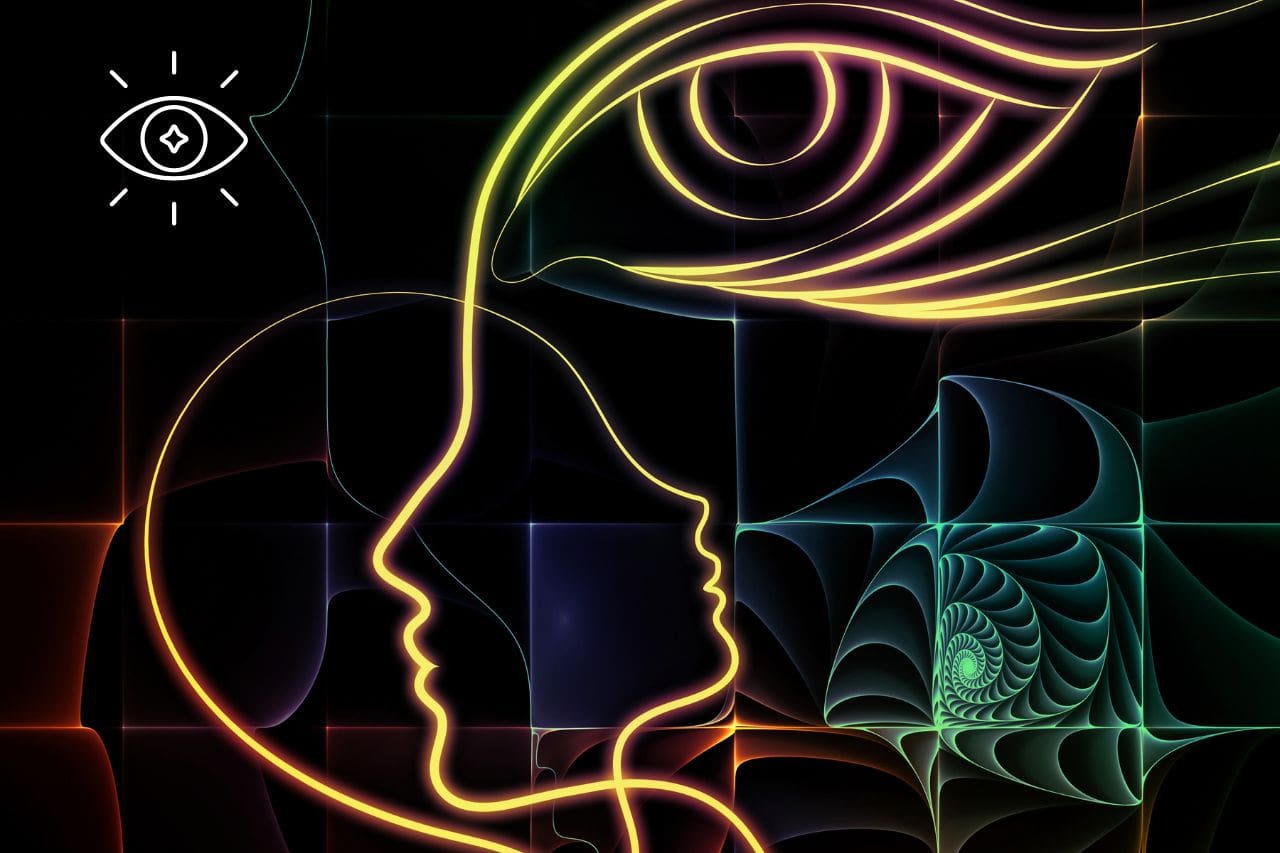

Intuition is a fascinating concept that plays a big role in our lives. It helps us make quick decisions without overthinking and sparks creativity when we least expect it. This article will explore what intuition is, how our brains use it, and why it’s important in both personal and professional settings.
Intuition is often described as a gut feeling or a sixth sense. It allows us to understand something without the need for conscious reasoning. Intuition helps us perceive information beyond our usual senses.
Throughout history, intuition has been seen in various ways. Ancient philosophers like Plato and Aristotle discussed it, and many cultures have their own views on intuitive abilities. These perspectives show that intuition has always been a part of human experience.
There are many myths about intuition. Some people think it’s a magical power, while others believe it’s unreliable. However, intuition is a natural part of our thinking process. It’s not about magic; it’s about using our brain in a different way.
Intuition is not a mystical force but a natural part of how we think and make decisions.
Intuition is believed to operate through the right side of our brain. This side is often linked with creativity and holistic thinking. Additionally, the brain’s hippocampus plays a crucial role in processing intuitive thoughts. Interestingly, our gut, which has neurons, also contributes to intuitive feelings.
The unconscious mind is a powerful player in intuition. It processes vast amounts of information without us even realizing it. This hidden processing helps us make quick decisions based on patterns and past experiences.
Neural pathways are like highways in our brain. They help transmit signals quickly. When we have an intuitive response, these pathways light up, allowing us to react swiftly. This quick reaction is often based on previous knowledge and experiences.
Intuition is not just a mysterious feeling; it’s deeply rooted in our brain’s structure and function.
When making decisions, people often rely on either intuition or analysis. Intuition is a “sense of feeling of pattern or relationships” and involves holistic thinking, immediate insight, and rapid access to knowledge chunks. Analytical decision-making, on the other hand, is more methodical and relies on data and logical reasoning.
| Feature | Intuitive Decision-Making | Analytical Decision-Making |
|---|---|---|
| Speed | Fast | Slow |
| Basis | Feelings and patterns | Data and logic |
| Process | Holistic | Step-by-step |
Many successful decisions have been made using intuition. For example, Steve Jobs often trusted his gut feelings when making big choices at Apple. Another case is when firefighters sense danger without clear evidence, relying on their experience and intuition to make quick decisions.
Several factors can affect how we use intuition. Experience plays a big role, as people with more knowledge in a field can make quicker, more accurate intuitive decisions. Emotions also impact intuition, sometimes clouding judgment or, conversely, providing clarity. Lastly, the environment can either support or hinder intuitive thinking, depending on how familiar and comfortable one is in that setting.
Intuition can be a powerful tool in decision-making, but it’s important to balance it with analytical thinking to achieve the best results.
Intuition plays a key role in the creative process. It allows artists and creators to make bold choices without needing immediate justification. Creative intuition is about trusting yourself to make bold choices, even when you can’t immediately justify them. This trust can lead to unique and innovative outcomes that might not emerge through logical thinking alone.
Many famous artists and creators have relied on their intuition. For instance, painters often follow their gut feelings when choosing colors and shapes. Writers might let their intuition guide the development of characters and plots. This intuitive approach can result in works that feel more authentic and emotionally resonant.
While intuition is important, balancing it with rational thinking is crucial. Creators should not rely solely on their gut feelings. Instead, they should use intuition to spark ideas and rationality to refine them. This balance ensures that the final product is both innovative and well-crafted.
Trusting your intuition can lead to unexpected and wonderful results in creative work. It’s about finding the right balance between following your gut and thinking things through.
To deepen trust in your intuition, try these techniques:
Self-awareness is key to trusting your intuition. When you know yourself well, you can better understand your gut feelings. Being aware of your emotions and thoughts helps you distinguish between true intuition and fear or wishful thinking.
Developing self-awareness is an important way to build sustainable confidence in yourself. It can also help you make better decisions.
Several barriers can prevent you from trusting your intuition:
To overcome these barriers, practice self-compassion and remind yourself that it’s okay to make mistakes. Trusting your intuition is a skill that improves with time and practice.

Empirical studies have explored how intuition works and its effectiveness. Some research shows that intuition can be a reliable decision-making tool. For example, studies have found that experts often rely on intuition when making quick decisions. However, the results can vary based on the situation and the individual’s experience.
The scientific community has raised several criticisms about intuition. One major concern is that intuition is often seen as a “gut feeling” and lacks a testable model. Critics argue that intuition can be biased and unreliable. They also point out that intuition is hard to measure and quantify, making it difficult to study scientifically.
Despite the criticisms, there is a growing interest in integrating intuition with evidence-based practices. This approach aims to combine the strengths of both analytical and intuitive decision-making. By doing so, we can develop a more comprehensive understanding of how to make better decisions. This integrated model can help measure the use of intuition and improve its reliability.
Balancing intuition with evidence-based practices can lead to more effective decision-making and problem-solving.
In the end, intuition is like a hidden guide that helps us make choices and come up with new ideas. It works quietly in the background, using our past experiences and feelings to give us quick answers. While it might not always be right, it often leads us in the right direction. Trusting our gut can be especially helpful when we don’t have all the facts or when we need to be creative. So, even though we might not always understand how it works, listening to our intuition can be a powerful tool in both decision-making and creativity.
Intuition is like a gut feeling or an instinct that helps you make decisions without needing to think too hard.
Intuition works by using parts of the brain that handle emotions and memories. It’s like your brain is making quick guesses based on what it already knows.
Sometimes, yes. Intuition can be helpful, but it’s also good to think things through and use facts when making big decisions.
Not exactly. A guess is more random, while intuition is based on your past experiences and knowledge, even if you’re not aware of it.
You can get better at using your intuition by paying attention to your feelings, practicing mindfulness, and learning from your past experiences.
Yes, everyone has intuition, but some people might be more in tune with it than others.
For more life-changing articles, Click here
SelfStalker.com

Monday - Thursday 7 AM - 5 PM PST
admin@selfstalker.com support@selfstalker.com